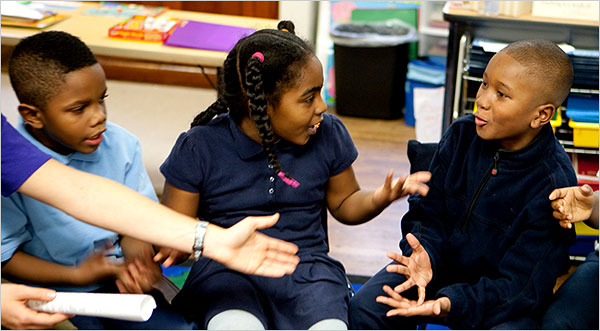I’m turning 29 this year, and I feel really old. Not necessarily in a bad way, but it seems amazing to me how fast my 20s went. I feel like my 29 years have gone so fast, and am beginning to understand what genuinely old people (those in their 40s, say) mean when they talk about life going by quickly.
This weekend, I went to Connecticut for my aunt’s 70th birthday party. It was a (gentle) roast, and my cousin, the MC, decided to put the passage of 70 years in perspective. We found a web site that helped us, and she started off her speech to my aunt with the following facts:
What Things Cost in 1940:
Car: $800
Gasoline: 18 cents/gal
House: $6,550
Bread: 8 cents/loaf
Milk: 34 cents/gal
Postage Stamp: 3 cents
Stock Market: 131
Average Annual Salary: $1,900
Minimum Wage: 30 cents per hour
Everybody laughed at the huge difference in price between then and now, and it made think of the changes I’ve seen in many things, just in my own lifetime. A postage stamp cost $.18 when I was born, and I remember watching televised reports of people’s outrage when it went up to $.29 (I just checked, and that happened when I was 9). My undergraduate college now costs about %55 more (!!) per year for tuition, room, and board than it did when I was a student there. I doubt that it’s 55% more awesome than it used to be, but that’s neither here nor there. I remember a forward that the new students sent to each other about knowing that you were a child of the 80s if… It pointed out the differences between the world in which we lived and the one into which we’d been born, and mocked 90s babies for all that they’d missed (I still take this stance, by the way; the 80s > the 90s).
But then I read this piece, and it shocked me. Of course, most American kids today have never used a physical card catalog, unless they’re from a very small library system. That makes sense, but it seems odd that kids today have never experienced something that I enjoyed so much when I was younger. For me, the physical card catalog was interesting because of the “See also” and “See instead” references. I liked it when I thought the way the cataloger had and found what I wanted the the first time. I also liked when I had to look unexpected to find what I wanted. Either way, it was like participating in a scavenger hunt that I always won. Now, people who know what they’re looking for can do the same with an online catalog, search engine, or database in a fraction of the time. The results are the same, although the process is now disappointingly straightforward.
I’m used to people thinking that Google is magically going to spit out the answer to every question they have, and thinking that the Internet is broken if all is not revealed by the first link, but I sometimes forget that there was a time when people regularly had to do more to get information.

